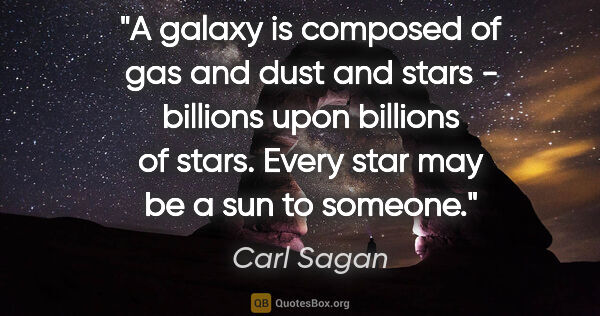May Quotes (page 182)
The Bhagavad Gita—that ancient Indian Yogic text—says that it is better to live your own destiny imperfectly than to live an imitation of somebody else’s life with perfection. So now I have started living my own life. Imperfect and clumsy as it may look, it is resembling me now, thoroughly.
Elizabeth Gilbert
He seriously thought that there is less harm in killing a man than producing a child: in the first case you are relieving someone of life, not his whole life but a half or a quarter or a hundredth part of that existence that is going to finish, that would finish without you; but as for the second, he would say, are you not responsible to him for all the tears he will shed, from the cradle to the grave? Without you he would never have been born, and why is he born? For your amusement, not for...
Gustave Flaubert

...the people who find fault with society are too apt to regard it as an end and not a means, just as the people who despise money speak as if its only use were to be kept in bags and gloated over? Isn't it fairer to look at them both as opportunities, which may be used either stupidly or intelligently, according to the capacity of the user?
Edith Wharton
Every sunset which I witness inspires me with the desire to go to a west as distant and as fair as that into which the Sun goes down. He appears to migrate westward daily and tempt us to follow him. He is the Great Western Pioneer whom the nations follow. We dream all night of those mountain ridges in the horizon, though they may be of vapor only, which were last gilded by his rays.
Henry David Thoreau
We can ignore even pleasure. But pain insists upon being attended to. God whispers to us in our pleasures, speaks in our conscience, but shouts in our pains: it is His megaphone to rouse a deaf world....No doubt pain as God's megaphone is a terrible instrument; it may lead to final and unrepented rebellion. But it gives the only opportunity the bad man can have for amendment. it removes the veil; it plants the flag of truth within the fortress of the rebel soul.
C. S. Lewis





